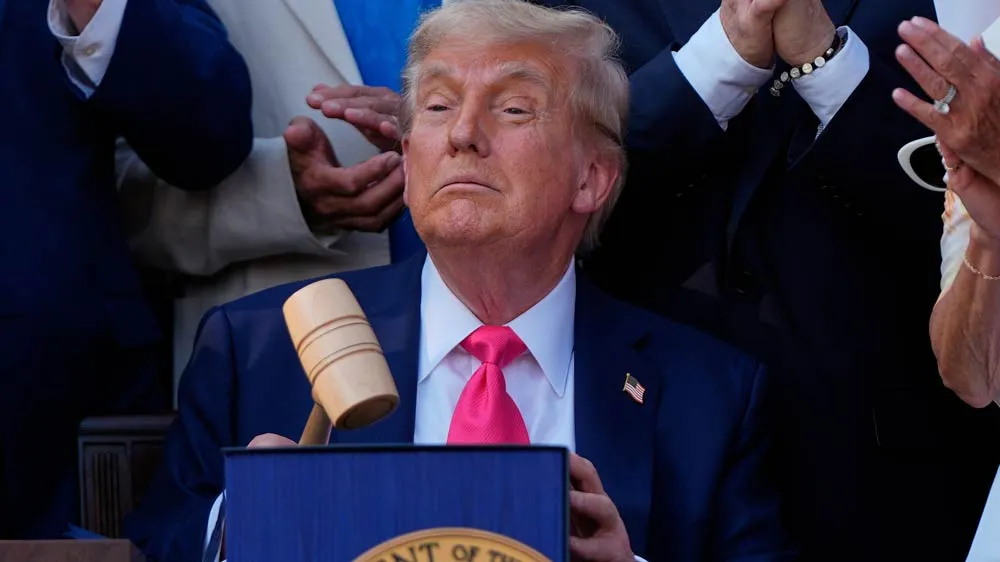April 18, 2016
Johnson & Johnson Ends Contact Lens Policy Amid Price Wars
Lindsay Whitehurst READ TIME: 2 MIN.
Johnson & Johnson is ending a policy to set minimum prices for contact lenses, a move that will likely have ripple effects on legal battles and bitter price wars in the $4 billion industry.
The decision by one of the country's largest contact-lens makers removes a protection for eye doctors who are increasingly competing with discount sellers such as 1-800 Contacts and Costco for contact lens sales. It's not yet clear whether other companies will follow suit, but Johnson & Johnson executives say they believe they're setting the pace.
The company says it's committed to helping optometrists, but it's pivoting to focus on supporting federal legislation that aims to quash attempts at deregulating the industry.
"The important thing is that we make sure we keep a regulated contact lens industry so patients have a safe experience with contact lenses," said Millicent Knight, Johnson & Johnson's vice president of professional affairs.
But opponents say that contact lens makers want to stifle competition, and that hurts customers. Discount retailers took aim at minimum-price policies last year, and the Utah-based discount giant 1-800 Contacts helped convince the state Legislature to pass a bill banning the practice.
Contact lens makers called foul and sued to strike down the law. Alcon, Johnson & Johnson and Bausch & Lomb said it was crafted to benefit the homegrown 1-800 Contacts and had the unconstitutional effect of changing lens pricing nationwide through online sales. Utah argues those are considered in-state transactions, no matter where the customer is.
The case reached the 10th Circuit Court of Appeals in August. Though the appeals court hasn't made a final ruling, the judges did allow the law to take effect as the case unfolds.
1-800 Contacts has since dropped its prices by up to $15 a box on some brands that were subject to the manufacturers' minimum prices.
Eye doctors prescribe contact lenses by specific brand, and patients often buy their contacts in the doctor's office. But with the rise of discount sellers, more people have been filling their prescriptions at online retailers to save money.
That's led to a protracted battle in courts and Congress. Contact lens manufacturers are aligned with optometrists against discounters, in part because the doctors can introduce patients to new products while discounters sell them what's been prescribed.
Johnson & Johnson's move will replace their minimum-price policy with a rewards program that will let people save money by buying contacts from their eye doctor. They'll also have programs for people who buy through discount retailers.
"We want to be relevant to where our patients are receiving and gaining our products," said Peter Menziuso, North America president at Johnson & Johnson Vision Care.
1-800 Contacts says they're pleased with Johnson & Johnson's move and hope other manufacturers do the same.







